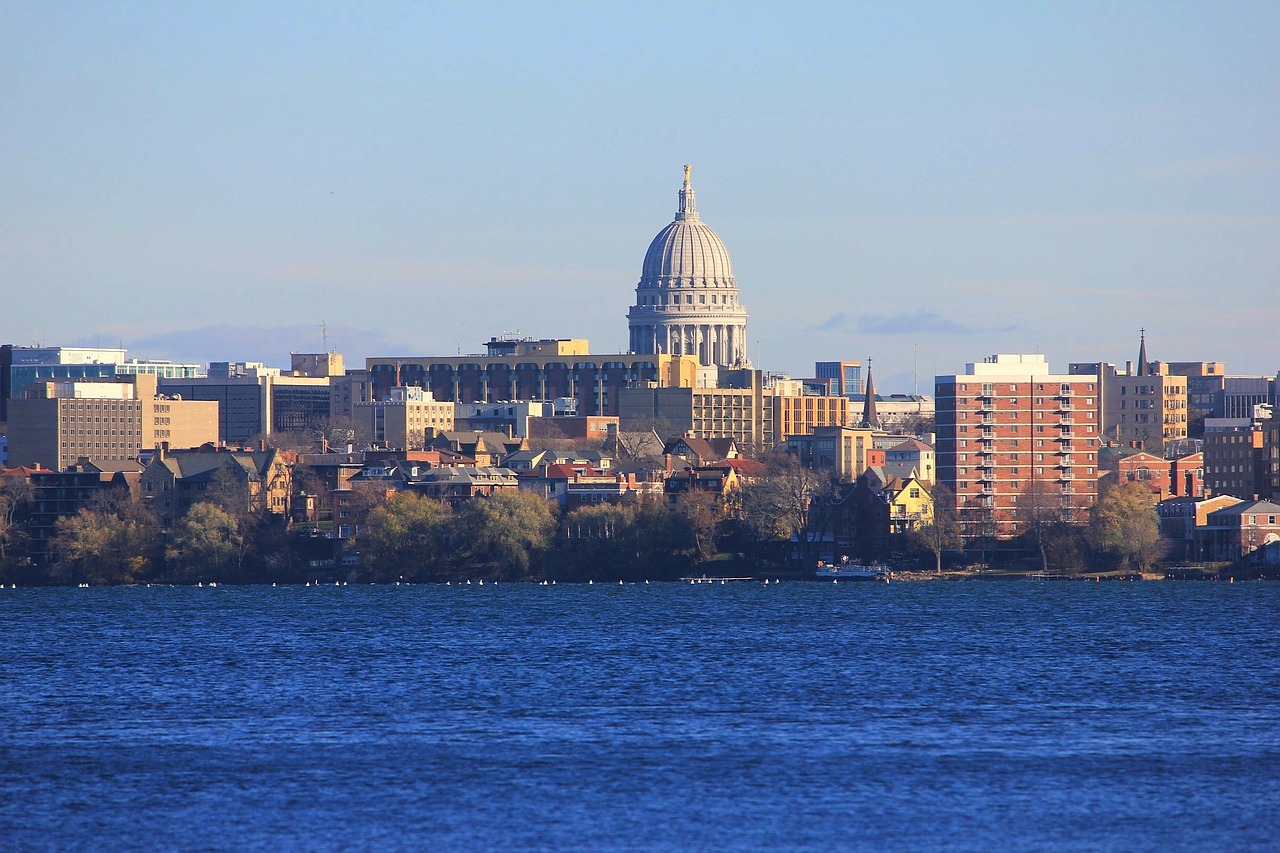Politics
UPDATE: Wisconsin Legislature OKs half-billion dollar tax cut

MADISON, Wis. (AP) — The Wisconsin Legislature overwhelmingly approved a half-billion dollar tax cut Tuesday for businesses that received federal pandemic relief loans to keep employees on the payroll, a move that stands to benefit at least a handful of legislators whose businesses accepted the money.
The bill now goes to Gov. Tony Evers, who could sign it into law or veto it. The governor was noncommittal when asked last week if he supported it. Asked about his position Tuesday evening, Evers spokeswoman Britt Cudaback referred a reporter to his previous remarks.
The legislation makes loans administered through the federal government’s Paycheck Protection Program tax deductible under Wisconsin’s tax code. The loans are already tax deductible under federal law but not under the state code. Legislative fiscal analysts estimate the deductions will result in the loss of $540 million in state revenue by the middle of 2023.
The bill would benefit at nearly nine lawmakers whose businesses accepted PPP loans, according to data from the U.S. Office of Personnel compiled by federalpay.org, a website built by federal employees. The Republican recipients include Assembly Speaker Robin Vos, Reps. Rob Brooks, Cindi Duchow, Cody Horlacher and Gary Tauchen; and Sen. Joan Ballweg. Democrats include Sen. Kelda Roys and Reps. Gary Hebl and Francesca Hong.
Assembly Democrats spent nearly three hours complaining about the bill, arguing it was rushed, the tax cuts will translate to lost state revenue and large-scale businesses that got bigger loans will reap more benefits than local small businesses. Republicans countered that lawmakers should help businesses any way they can as the pandemic drags on.
“These businesses hung on,” said Rep. John Jagler. “They should not be punished for it. Let’s make them winners today and move on with it.”
The Assembly ultimately approved the bill 87-3 and sent it on to the Senate.
Hong abstained from voting. Hebl didn’t attend the floor session. He said in a telephone interview that he is quarantining ahead of hip surgery but would have voted for the bill had he been there. He said his businesses needed the loans as much as anyone.
The five Republican representatives voted for the measure. Vos spokeswoman Kit Beyer said state Ethics Commission provided Vos with a memo Monday that concluded voting on the bill doesn’t present create a conflict of interest.
Legislators can vote on a measure that affects them as long as it affects a class of people in the same situation, the memo Carlton went on to note that 85,000 Wisconsin businesses received loans and the legislation would affect them all the same.
Sen. Tim Carpenter, a Milwaukee Democrat, began debate on the bill in that chamber by asserting the votes didn’t pass smell test.”
“I would never do this,” Carpenter said. “In a depressed economy… this does not look good. I’m embarrassed for the people in this institution whose names are on here and got special treatment because they’re in the Legislature.”
Republican Sen. Roger Roth said the pandemic has wreaked “havoc” on Republican and Democratic businesses alike and the bill is designed to help businesses across the state.
The Senate ended up passing the bill 20-5. Roys and and Ballweg both voted for the measure.
The Senate also passed a set of Republican virus-related bills, including measures that would prohibit health officials from mandating vaccinations closing churches and prioritizing prisoners for vaccinations as well as force Evers to develop a plan for state workers to return to in-person work.
Democrats railed against the prohibition on prioritizing prisoners, arguing the ban would amount to cruel and unusual punishment The bill’s author, Sen. Van Wanggaard, a former police officer, countered that the bill treats prisoners exactly as they’d be treated on the outside and many have already been infected anyway.
Democrats also attacked the return-to-work plan requirement. They said working from home may be saving the state money. Stroebel argued that the plan is a first step toward determining how the state will function post-pandemic.
All the bills passed on voice votes except the return-to-work measure. That passed on a 20-12 party-line vote. All the virus measures now go to the Assembly. They appear doomed, however; if the proposals clear that chamber Evers will almost certainly veto them.
Meanwhile, the number of COVID-19 cases in the state continued a decline. According to the latest state data,the seven-day average of positive tests stood at 3.1% on Monday, the lowest percentage since June.
Wisconsin health officials reported vaccine providers had administered about 996,600 doses as of Tuesday. The state ranked seventh in the county Tuesday in the percentage of its population that has received at least one dose at 12.7%, according to the U.S. Centers for Disease Control and Prevention.
Follow Todd Richmond on Twitter at https://twitter.com/trichmond1


Bill Feehan
February 17, 2021 at 7:03 am
The PPP loans required employers to spend the money primarily on keeping workers employed. That means the money was spent on something that is not taxed. It is revenue to businesses, not profit. Profits are still taxed. Duh